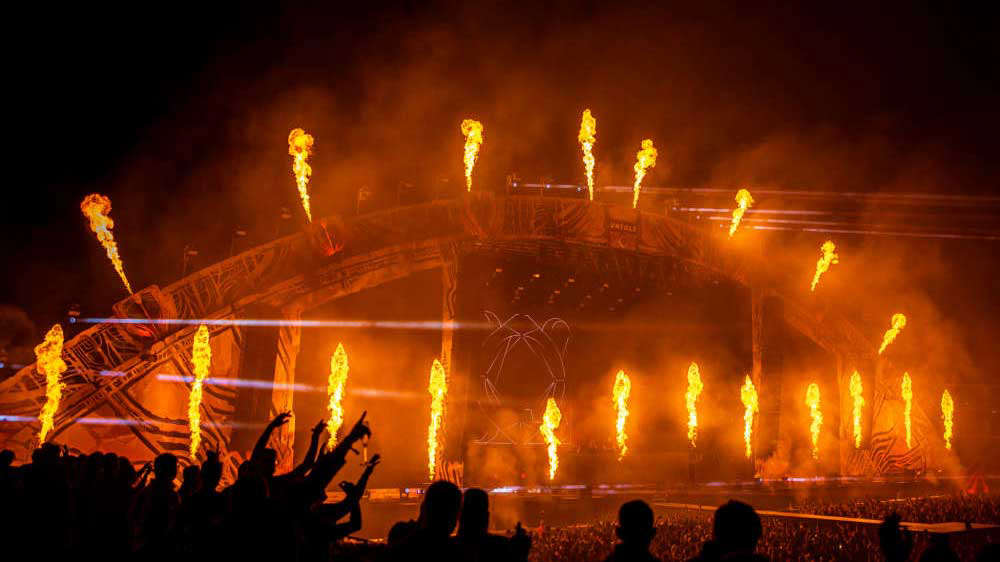
The Kremlin said on Friday that a summit between Russian President Vladimir Putin and Ukrainian President Volodymyr Zelenskyy could only happen as a final step to seal a peace deal.
Kremlin spokesman Dmitry Peskov said that it was unlikely that such a meeting could occur by the end of August, as Ukraine has proposed.
"A summit meeting can and should put the final point on a settlement and cement the modalities and agreements worked out by experts. It is impossible to do it the other way round," Peskov told reporters.
"Is it possible to go through such a complex process in 30 days? Well, obviously, it is unlikely."
A Ukrainian delegate said after the latest brief round of peace talks between the two countries on Wednesday that Kyiv had proposed a Putin-Zelenskyy meeting in August because that would fall within the 50-day deadline that US President Donald Trump had set last week for a deal.
Trump has threatened new sanctions on Russia and buyers of its exports unless an agreement is reached by early September.
Peskov once again described the two sides' negotiating positions as "diametrically opposed".
"It is unlikely that they can be brought together overnight. This will require very complex diplomatic work," he said.



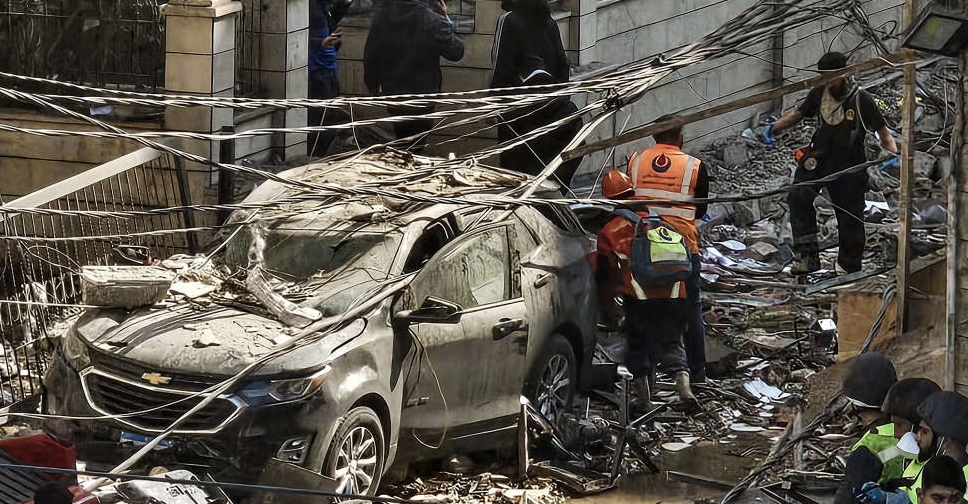 At least four killed in Israeli strike on building in Lebanon's Baalbek
At least four killed in Israeli strike on building in Lebanon's Baalbek
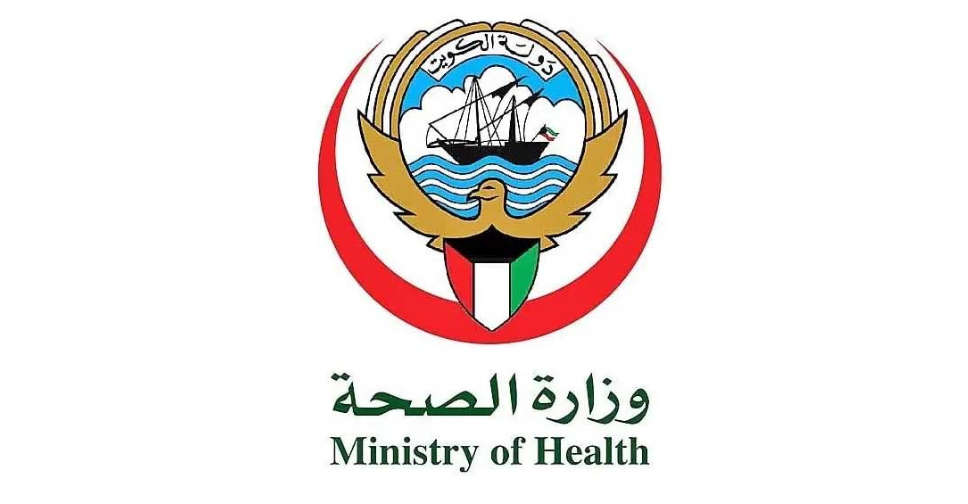 Kuwait announces death of child from shrapnel wound
Kuwait announces death of child from shrapnel wound
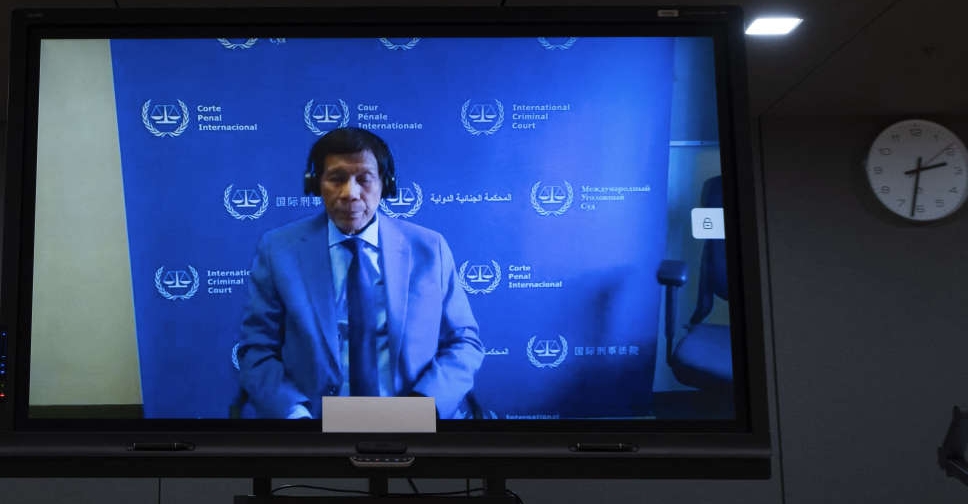 Philippine lawmakers advance impeachment of Vice President Duterte
Philippine lawmakers advance impeachment of Vice President Duterte
 Qatar busts two cells linked to Iran’s Revolutionary Guard
Qatar busts two cells linked to Iran’s Revolutionary Guard
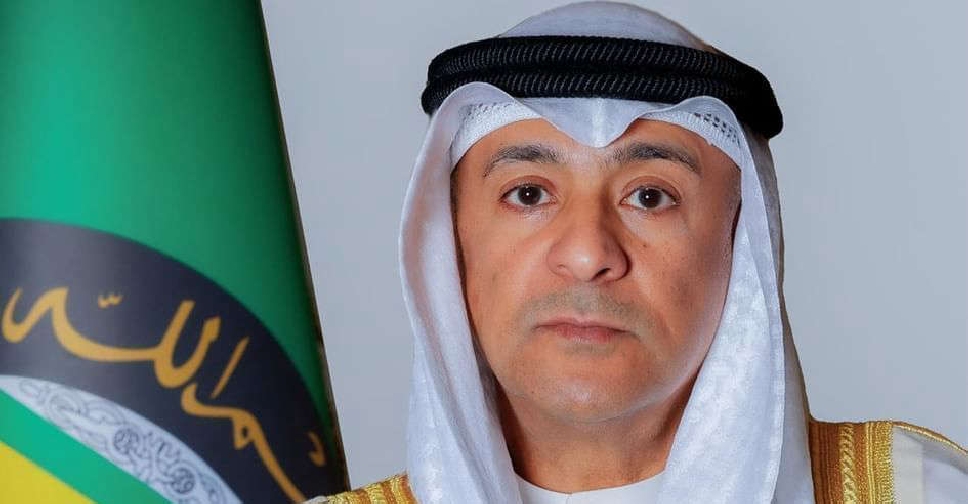 GCC condemns Iranian attack on Port of Fujairah
GCC condemns Iranian attack on Port of Fujairah




